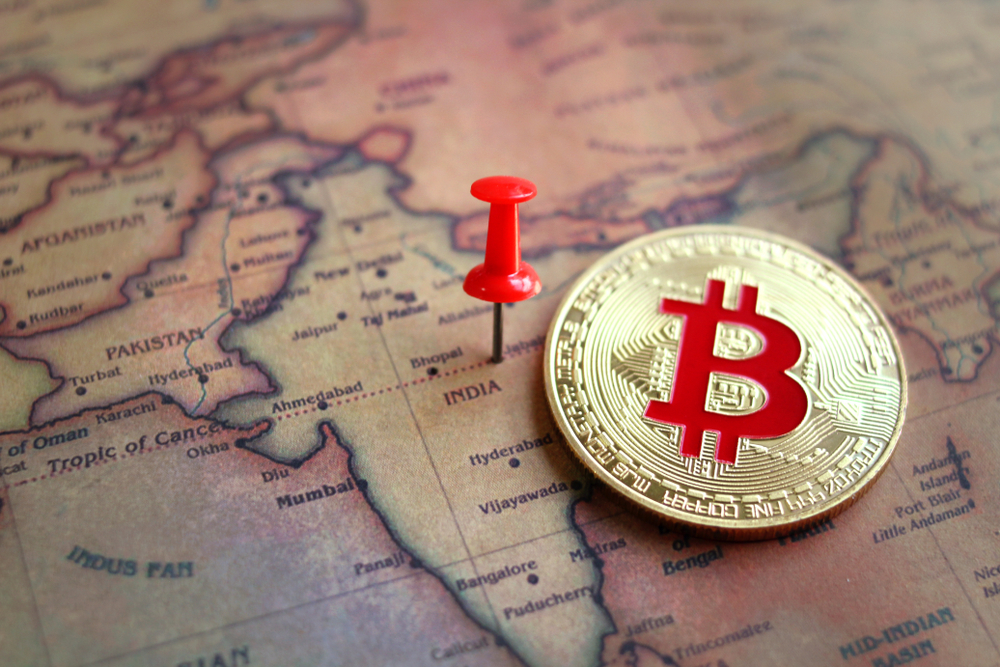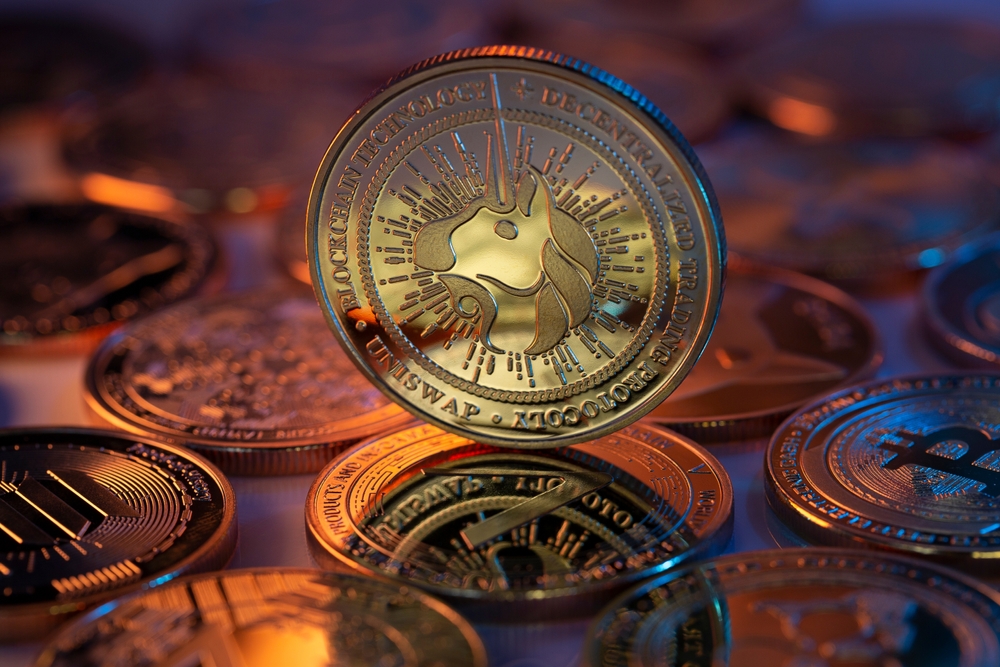Cryptocurrencies: Regulations around the World Explained by Guy Galboiz
Cryptocurrencies are the hottest topic of today’s world because while other technologies are getting old with time, it is only being gauged for its impact in the future. There is no doubt about the fact that successful acceptance of cryptocurrencies around the world will revolutionize things. No more will you be required to carry physical wallets. The job of the middlemen in the financial transactions will reduce significantly and thus bringing down the “service fees” considerably. Transferring funds from one account to another account across borders will be as easy as a tap on the screen of your smartphone.
However, cryptocurrencies are still new. Guy Galboiz confirms that governments around the world are not fully specific about how they want to handle them. Regulations are not clear but they are definitely in the making. Some countries have accepted cryptocurrencies with open arms while others have completely rejected them into their systems. Some are still on the fence and going through the process of policy making and regulation. Before we deep further into cryptocurrency regulations around the world, let’s take a look at why regulation is such an important topic and why cryptocurrencies need regulation.
Importance of Regulations in Cryptocurrencies
At its core, the concept of cryptocurrencies hinges on blockchain technology. At its basis, blockchain is just a way of storing information in a decentralized environment. When it comes to cryptocurrencies, blockchain is a ledger that stores information about a particular digital currency and its transactions in a decentralized environment. What it means is that there is no one particular entity that holds all the information of all the transactions of a cryptocurrency. Contrarily, in a decentralized environment, every person who is involved in digital currency transactions has a copy of the ledger.
The information of those who conduct transactions remains anonymous to others on blockchain. This makes the technology as unsafe as it is safe. Anonymity and decentralization make transactions safe because any tampering of the system will cause a collapse of the system in its entirety. On the other hand, you have people who want to take advantage of the nature of this environment to convert their laundered money into digital coins. Since the governments and state banks have no centralized control of the transactions, money launderers will consider blockchain a safe haven.
In addition to that, as per Guy Galboiz, ICOs have emerged as the perfect way for startups to gather the funds for their initial capital. Many blockchain based startups have emerged that use cryptocurrencies and crypto-tokens within their systems for allowing stakeholders to conduct transactions. All their initial funding comes in the form of some major cryptocurrency e.g. Bitcoin and Ethereum. A lot of frauds have taken place in this area as well wherein the startups disappeared after collecting the funds and investors were left with shattered hopes and expectations. The unregulated nature of the entire blockchain meant these investors had no one to go to for demanding justice.
All of that proves that regulation of crypocurrencies and the blockchain as a whole is important. Now, let’s dive into how different countries are dealing with cryptocurrencies.
Regulations and Their Impacts on Cryptocurrencies around the World
The first thing that you have to know is that regulation somehow impacts the cryptocurrencies negatively. Whenever a large economy introduces new regulations for digital currencies, there is a dip in the value of most of them. However, the market then readjusts and things come back to normal. With the passage of time, those who have digital coins in their digital wallets have realized that regulations are important for their own good.
One of the biggest issues surrounding cryptocurrencies is whether to treat them as digital commodities or securities. Furthermore, mining of cryptocurrencies can usurp a lot of resources. Some ways of mining might not be eco-friendly and the governments are looking for ways to change them.
Cryptocurrency regulations affect crypto-coin owners in many different ways. One of the things that most governments want to do is regulate the exchanges. Many digital currency exchanges have been attacked in the past resulting in the loss of millions and billions of dollars for the investors. So, if the exchanges are not safe, how can investors feel safe? Let’s take a look at cryptocurrency regulations in countries that are most active in this industry.
Switzerland
When it comes to crypcorrency, no country ought to be mentioned before Switzerland. Switzerland is open to cryptocurrencies and has named one of the towns in the country as Crypto Valley, probably a competitive name to the Silicon Valley. If you want to see a place where all the cryptocurrencies are in one place, go to the Crypto Valley in Switzerland. Even the political officials have stated that they want to become the first crypto-nation in the world. However, there is no specific set of regulations governing cryptocurrencies in Switzerland. The country wants to deal with cryptocurrencies on a case-to-case basis. The anti-money laundering regulations are there but overall, exchange of digital coins is legal in the country.
The US
It is a digital currency and that’s what the US recognizes it as. If you own Bitcoins in the US, you will pay a tax on them because they are your property according to IRS. However, the US is one territory where it is not easy for every type of cryptocurrency to survive. Ethereum and Bitcoin have received the green signal here because they are considered digital currencies. On the other hand, many other digital currencies/tokens are treated as securities by SEC.
China
As friendly as China was when cryptocurrencies came into being, it has gone the exact opposite route after that. It is illegal to hold cryptocurrencies in China today. Guy Galboiz says that by the end of July 2018, China had cracked down and closed nearly 175 exchanges that were trading digital currencies. Moreover, any mining of the digital coins is also illegal in the country and could result in severe punishment from the government.
Japan
Japan treats digital currencies as legal. In fact, shop owners can sell their goods in exchange of cryptocurrencies. However, the government will tax any holdings of digital coins. There are multiple authorities that govern the movement of cryptocurrencies in the country and introduce regulations. Japan also has FSA, which stands for Financial Services Agency, the authority that crypto-exchanges have to approach for registration before operating.
Canada
Legality of cryptocurrencies is a twisted matter in Canada. While you can own crypto-coins and use them for transactions, there are certain bans on the banks. For anyone who accepts or exchanges digital currencies, they have to have proper financial records of their transactions. Fintrac, Financial Transactions and Reports Analysis Center of Canada, is the authority with which companies have to register if they exchange cryptocurrencies. BMO, Bank of Montreal, took a big step recently when it banned any cryptocurrency purchases for its customers using its debit and credit cards.
The UK
Cryptocurrencies are legal in the UK. However, the UK government labels crypto-coins as foreign currencies. Conversion of crypto-coins into fiat currencies does not attract any VAT. However, companies and entities that sell any types of products while accepting crypto-coins in return will have to pay VAT like they normally do. Just like most other countries, the UK has also developed an entity called CryptoUK, that will come up with regulations regarding cryptocurrencies. As of now, security is the most important concern for the government.
India
India is currently on the fence with cryptocurrencies. The government does accept them as a payment system, however, the largest bank of the country has been asking to put an end to the exchange of cryptocurrencies. The case is still in the court and in addition to the central bank of the country, the government and other important entities are also important members in the case. Presently, it is expected that the case will remain undecided for a long time to come.
Australia
The last on the list is Australia. Australia aims to be a perfect country for cryptocurrencies and their owners as well. Cryptocurrencies are legal in the continent, so much so that it is treated just like any other currency. You could go to a shop, buy some food and pay in the form of a cryptocurrency if that shop accepts it.
XRP (Ripple) Regulations
One of the hottest names in the cryptocurrency industry today is Ripple or XRP. Ripple is the company that has created XRP, a digital coin and a system that facilitates the transfer of money among countries. The aim of the company is to make international money transfers easier than they currently are. In a way, you could say that it is a competitor of companies like Western Union.
However, Ripple states that it is a solution for enterprises right now. The project is soon becoming one of the most practical among any other blockchain-based projects.
The most important thing you have to know about XRP is its status in the US. Things are not looking great for Ripple in the US. You have to keep in mind that SEC is very straightforward in its intentions.
When it comes to Bitcoin and Ethereum, SEC was quick to call them currencies. However, Ripple has not been able to pass the Howey Test that decides whether or not an ICO is a security.
However, it is important to know here that calling Ripple a security cold turkey is not possible either.
It has not emerged as a result of a conventional ICO. The developers mined all the XRP tokens and then started promoting their system around the world. SEC and the Ripple developers are fighting this battle with each other, but you will not find XRP on major US exchanges for digital coins. Yes, there are some like Bittrex that have it listed.
Talking about Ripple regulations, it is only in the US that the company has having some troubles. In other countries of the world where cryptocurrencies are legal, Ripple has no problem at all. The founders of the system strongly believe that there is nothing about Ripple that makes it a security.
The biggest argument they give is that Ripple exists as a system with or without the presence of Ripple Labs. They say it is a system and they don’t own it like a product. According to the officials of the company, people can still send and receive payments using the Ripple network even if Ripple as a company disappeared in the coming times.
Another strong argument in the favor of Ripple is that XRPs were there well before Ripple came into being as a company. Not to mention, it is based on the decentralized nature of the blockchain. When something is decentralized, you can’t say that a company owns the system – that just goes against the nature of blockchain.
However, those interested in investing in Ripple and living in countries other than the US should not be afraid of security issue. In fact, they will be happy to know that Ripple developers are fully supportive of any regulatory actions. They believe that blockchain is unsafe without proper regulations and thus they support regulations completely. The developers of Ripple also believe that regulations are important to save people from frauds. They believe that many ICOs that exist today are there just for the sake of it despite the fact that they don’t solve any real-world problems. On the other hand, Ripple definitely solves a huge problem.
It makes international movement of money quick and affordable. It provides financial institutions a new way to move their funds across borders. Many of the world’s banks and financial entities have endorsed XRP and more are appearing on the list with time.
Conclusion
People who wish to invest in cryptocurrencies or XRP should not lose heart with the current state of affairs. They have to understand that cryptocurrencies could revolutionize the world, and the fears of the governments are valid unless they fully understand the nature of the beast. Once there are clear regulations in countries like Australia, the US, the UK, Switzerland, etc. the countries that have completely banned cryptocurrencies will also follow suit.
From the web:










